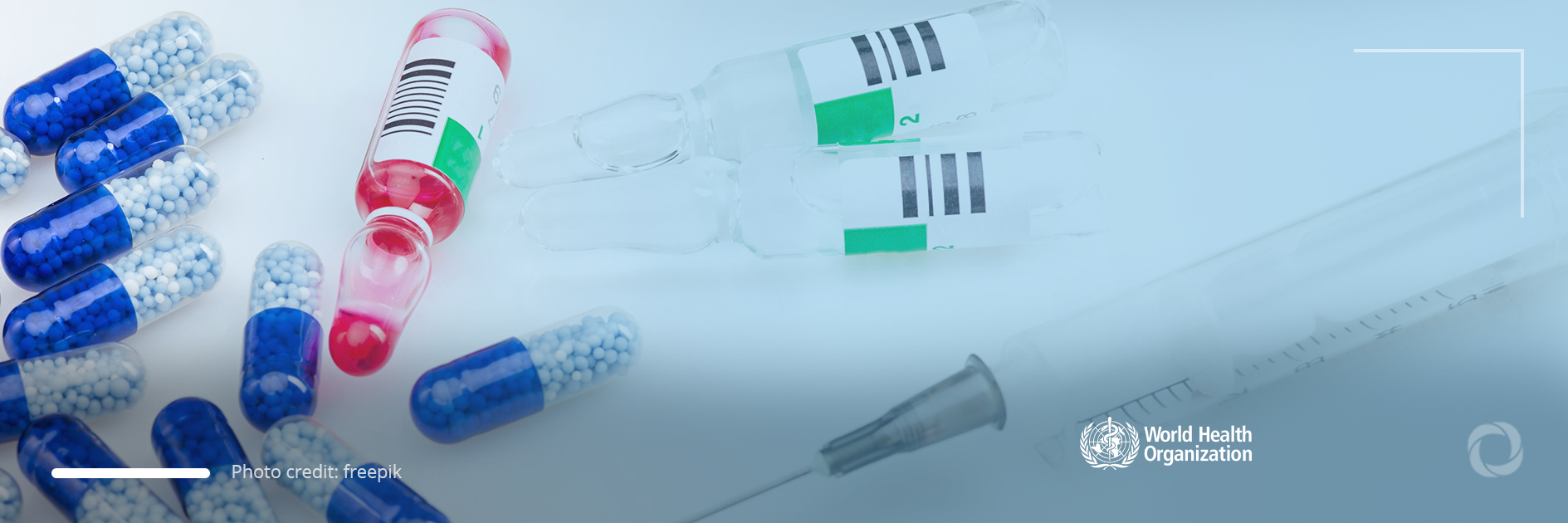Antibiotics and other antimicrobials have saved millions of lives over the past 100 years. Nevertheless, experts have warned that the overuse and misuse of antibiotics is causing them to become increasingly ineffective as bacteria, viruses, fungi, and parasites no longer respond to medicines. Moreover, the World Health Organization (WHO) has declared antimicrobial resistance (AMR) is one of the top 10 global health threats.
The more we use antimicrobials in any sector, the greater the chances that resistance will develop and the drugs will become ineffective, WHO said during a virtual Global Media Forum co-hosted by Media Action Nepal, APCAT Media and the CNS on November 16 to mark the World Antimicrobial Awareness Week (WAAW).
Health threat
“AMR is a man-made, medical profession-driven, pharma-sponsored, and officially neglected calamity that can explode any day,” Dr. Ishwar Gilada, President of AIDS Society of India (ASI) said at the event.
Basic infections will no longer be treatable if no specific actions is taken to tackle misuse, overuse, and hence antimicrobial resistance, Dr. Sarah Paulin, Technical Officer (AMR), National Action Plan and Monitoring Unit, AMR Division of the WHO, warned.
Commenting on this state of things, Dr. Haileyesus Getahun, Director of the Department of Global Coordination and Partnership AMR at the WHO, told DevelopmentAid that AMR actually causes the spread of infections, diseases, and deaths. He pointed out the results of a systemic review found that while there were only 6.9% of 3,338 COVID-19 patients with bacterial infection yet 72% of these had been given had antibiotics.
“The adverse impact of this irrational use of antibiotics in COVID patients will manifest itself in the future,” he said.
AMR causes
Dr. Lianne Gonsalves, Technical Officer for AMR Awareness and Campaigns in WHO’s AMR Division, noted that many factors have accelerated the threat of AMR worldwide, including:
Actions to be taken
Dr. Elizabeth Tayler, Technical Lead for WHO in the Tripartite Joint Secretariat for AMR, highlighted that different sectors such as food, veterinary, human health and environment need to work together and coordinate for the One Health approach. She also called for “decent” infrastructure and equipment in healthcare facilities as the shortage of this often imposes the use of antibiotics.
“In humans, antibiotics are often used as substitutes for decent infrastructure, decent hygiene measures, and for proper diagnosis and treatment. Over 30% of health facilities do not have running water supply – so it is difficult to practice good hygiene in such environments,” she highlighted.
Dr. Sarah Paulin pointed out the need for raising awareness of all sectors including political leaders on the importance of tackling antimicrobial resistance now, “because if we lose effectiveness of our essential antimicrobials, basic infections will no longer be curable”.
With an aim to increasing awareness of global antimicrobial resistance and to encourage best practices, WAAW is observed during 18-24 November 2021, jointly across the tripartite organizations (UN FAO, OIE, and WHO) as well as in more recent years by UN Environment Programme (UNEP).
WAAW is being observed during 18–24 of November this year jointly across the tripartite organizations (UN FAO, OIE and WHO) as well as in more recent years by UN Environment Programme (UNEP). This year the theme of WAAW is: “Spread awareness, stop resistance | Antimicrobials: Handle with care.”

